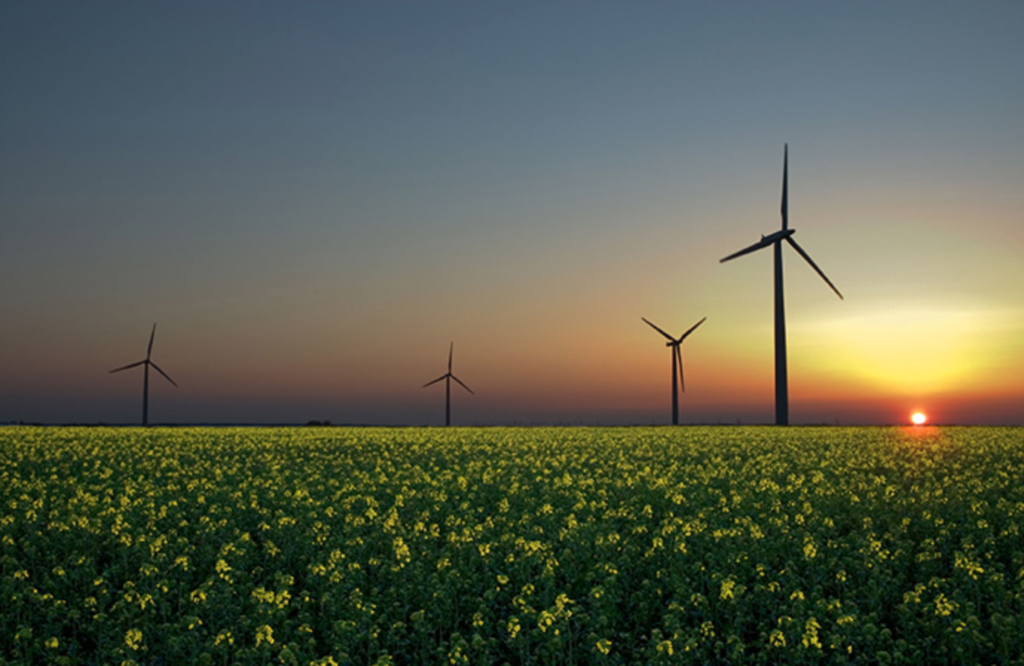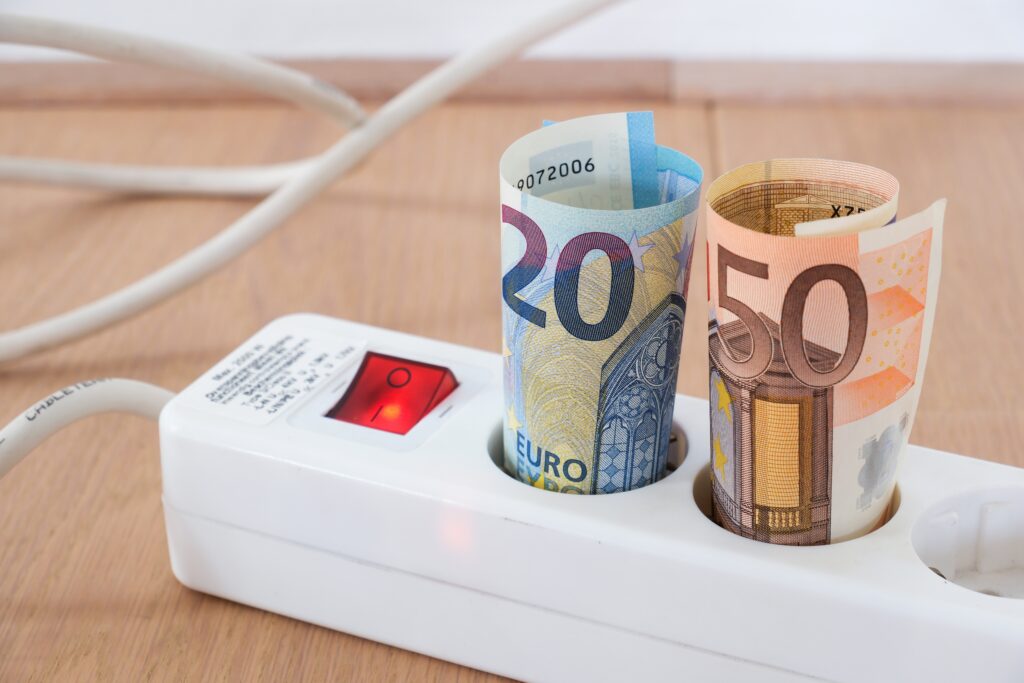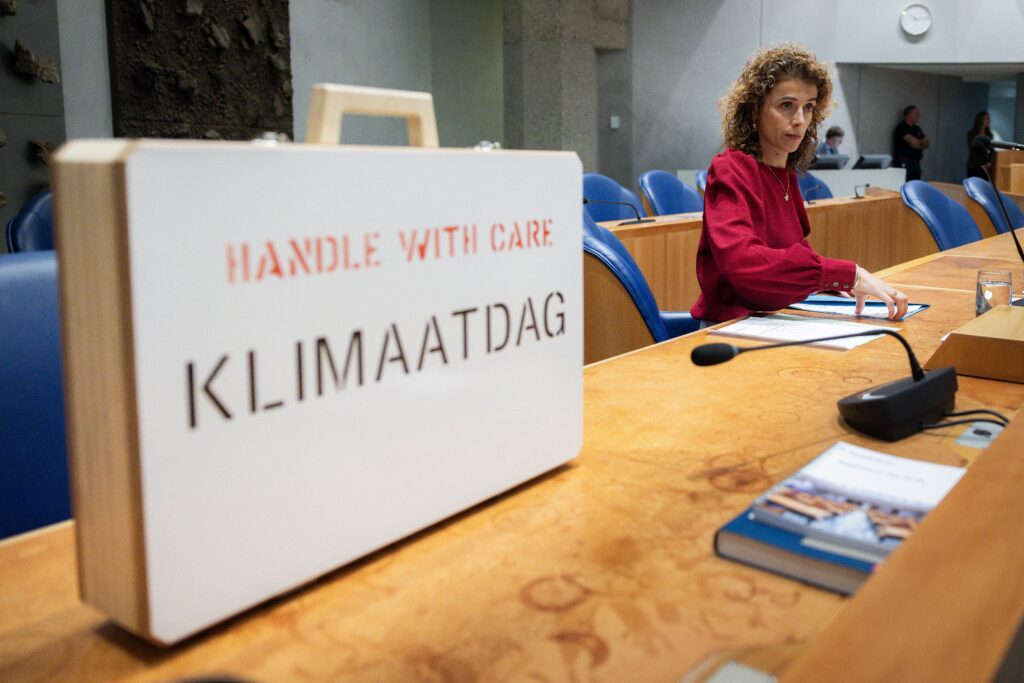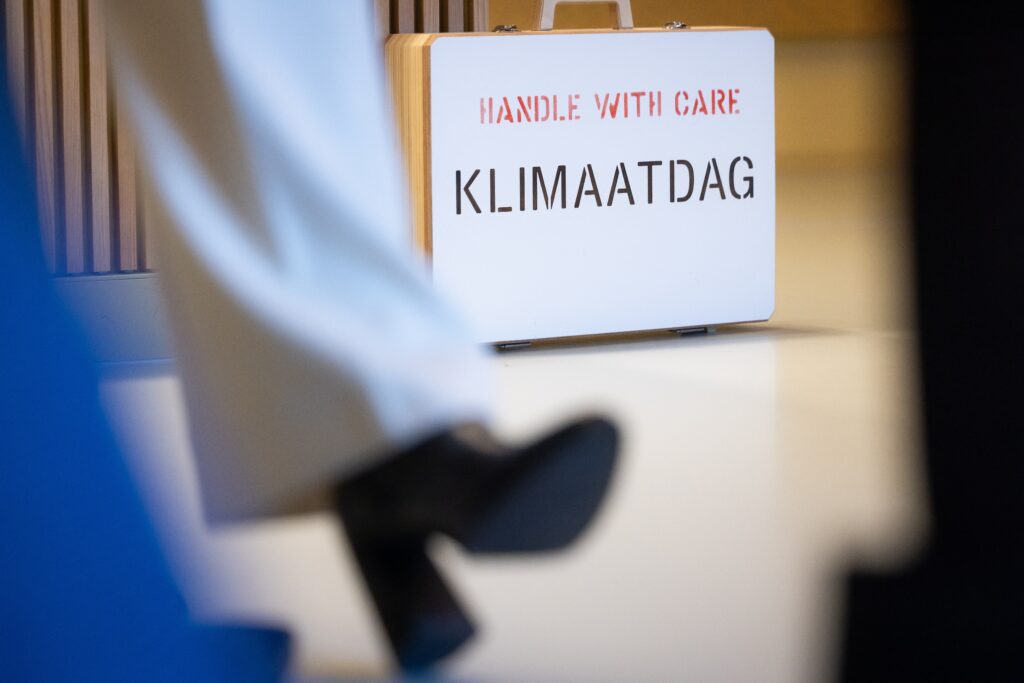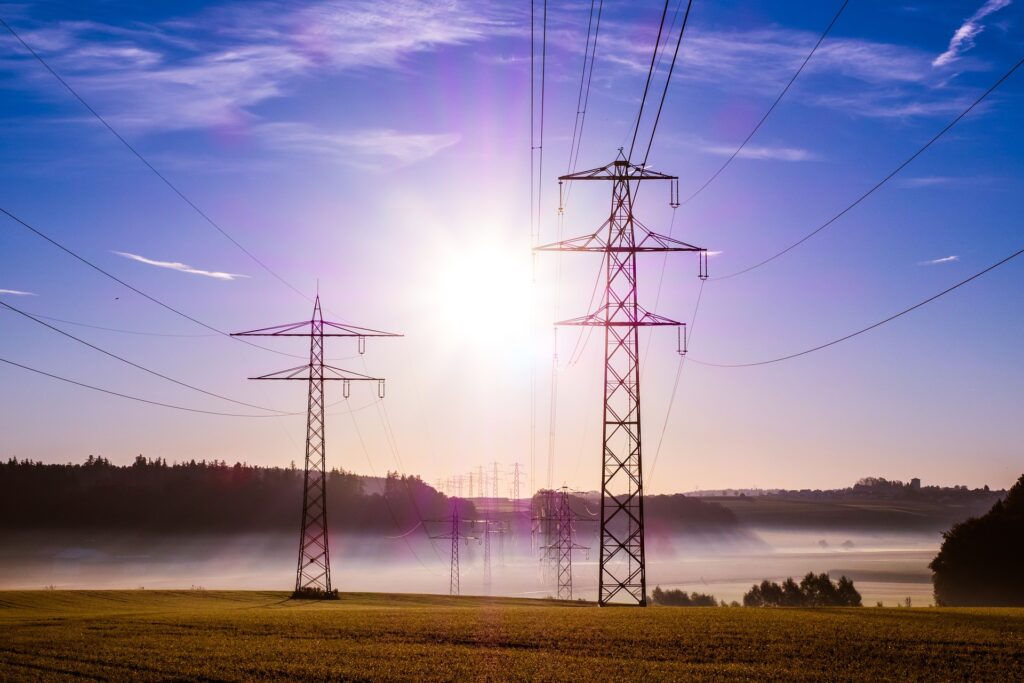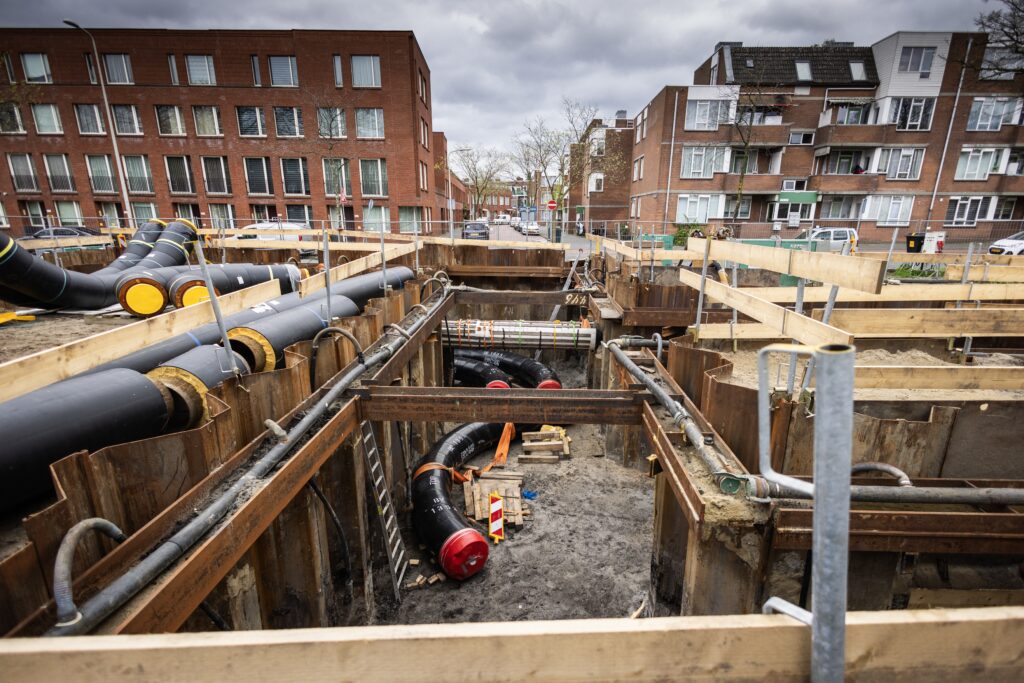Why now? On Wednesday, March 27, Members of Parliament discussed the Municipal Heat Transition Instruments Act (Wgiw). This law provides municipalities with tools to further develop the heat transition. In addition to the Wgiw, the Collective Heat Act bill (Wcw) is also important for the heat transition. It should help accelerate the rollout of collective heating networks. This bill is now with the Council of State for advice. Energie-Nederland believes that the heat transition is a crucial but complex part of the task of achieving the climate goals. Proper processing of both laws will provide much more clarity to municipalities, households, housing associations, energy companies, grid operators and contractors. They can then take the necessary steps to accelerate the heat transition.
What does Energie-Nederland think of the Collective Heat Act? The Wcw offers municipalities clear powers to accelerate the rollout of heating networks. Furthermore, the Act sets clear requirements for affordability (with cost-based and transparent rates), the pace of sustainability and security of supply.
Energie-Nederland believes that the choice for a mandatory public majority interest is unwise. Now approximately 90% of heating customers are served by private heating companies. The uncertainty about what the Wcw means for them – and also for housing associations and municipalities – has unfortunately already led to significant delays in the rollout of heating networks. Furthermore, it means that new public parties have to build up their implementation power, which takes time. It is now unlikely that we will achieve the government’s target of 500,000 new connections to a heating network by 2030.
Experienced heat companies, both private and public, are able to pick up the pace and continue investing in collective heat. Therefore, use their power of realization. Energie-Nederland is convinced that the heat transition will accelerate and become less expensive if municipalities are allowed to challenge public parties, private parties and public-private parties in a transparent selection procedure to come up with the best offer for residents.
One of the 10 recommendations that Energie-Nederland sent to new Members of Parliament. In the coming period, we will explain these one by one, depending on current events.

